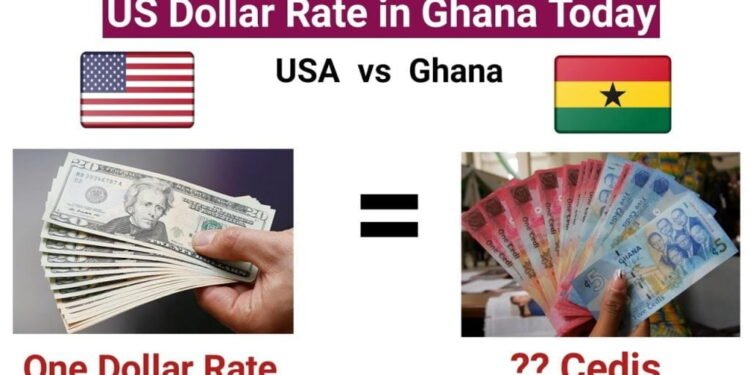The Bank of Ghana (BoG) is rolling out a groundbreaking receivable discounting framework aimed at unlocking short-term working capital for Small and Medium Enterprises (SMEs), according to the Second Deputy Governor, Matilda Asante-Asiedu.
She made the announcement at the induction ceremony for the fifth cohort of the Futuremakers Women in Tech Incubator Programme, held under the auspices of Standard Chartered Bank and the Ashesi University Ghana Climate Innovation Center.
The move is expected to revolutionize access to finance for SMEs by allowing businesses to secure liquidity based on unpaid invoices, a challenge that continues to cripple many small enterprises across the country. “This initiative is aimed at easing liquidity constraints for most of the small businesses in the country,” Asante-Asiedu emphasized.
She noted that these reforms are part of a broader policy framework designed to integrate digital financial services and improve credit access, particularly for women-led enterprises that often face significant barriers in securing traditional finance. “By enabling more flexible and accessible financing models, we can help women scale sustainably and build resilience,” she added.
Digital Credit Services
The BoG’s ongoing digital transformation strategy is central to its support for SMEs. Asante-Asiedu highlighted that in addition to the receivable discounting framework, the central bank is promoting digital credit services to expand financing options for underserved business owners.
She stressed that women-led enterprises stand to benefit significantly from this push, as access to credit remains a top challenge for women in business.
“Digital credit systems help bypass the lengthy requirements of traditional loans, enabling quicker, lower-barrier access to funds.”
Matilda Asante-Asiedu
Citing recent World Bank data, the Second Deputy Governor pointed out that SMEs that adopt digital technologies are seeing up to 30% faster revenue growth compared to their counterparts that do not.
“That is why the Bank of Ghana is working hard to improve the regulatory environment for these payments—to support a lot more SMEs in Ghana.”
Matilda Asante-Asiedu
Asante-Asiedu outlined the tangible benefits of embracing digital payments, explaining that they not only minimize financial leakages but also help build credit histories, formalize businesses, and connect entrepreneurs to the formal financial system.
Mobile Money and Fintech Penetration
With over 24.2 million active mobile money accounts, Ghana continues to stand out as a leader in Africa’s digital finance revolution. The BoG’s regulatory foresight has played a pivotal role in shaping this robust ecosystem.
“The good news is that in Ghana, we are well positioned in the digital evolution. That is why institutions like the Ghana Interbank Payment and Settlement Systems (GhIPSS) have enhanced payment interoperability.”
Matilda Asante-Asiedu
GhIPSS has helped remove friction in financial transactions, enabling seamless transfers across mobile wallets and bank accounts—critical infrastructure that is catalyzing inclusive growth for SMEs.
Despite the widespread ownership of digital accounts in Ghana, Asante-Asiedu expressed concern over the relatively low active usage of services like savings, credit, and insurance—especially among women and low-income earners. “We need to move beyond access to ensure that these financial tools are actively used to transform lives,” she cautioned.
She called on fintechs, banks, and development partners to prioritize financial literacy and tailor digital products that resonate with the needs of marginalized groups.
The BoG’s multifaceted approach—combining receivable discounting, digital credit services, and fintech support—is ushering in a new era of opportunity for Ghanaian SMEs. By lowering financial barriers and promoting digital intermediation, the central bank is laying the foundation for a resilient, inclusive, and thriving business ecosystem.
READ ALSO: BoG Surrenders to CryptoCurrency Reality























